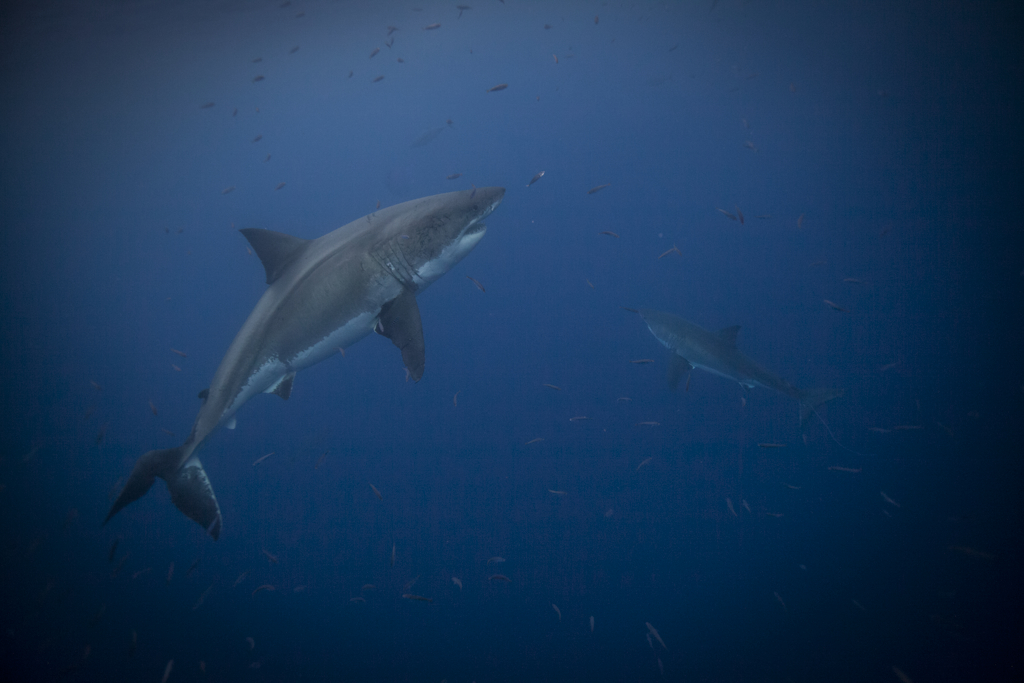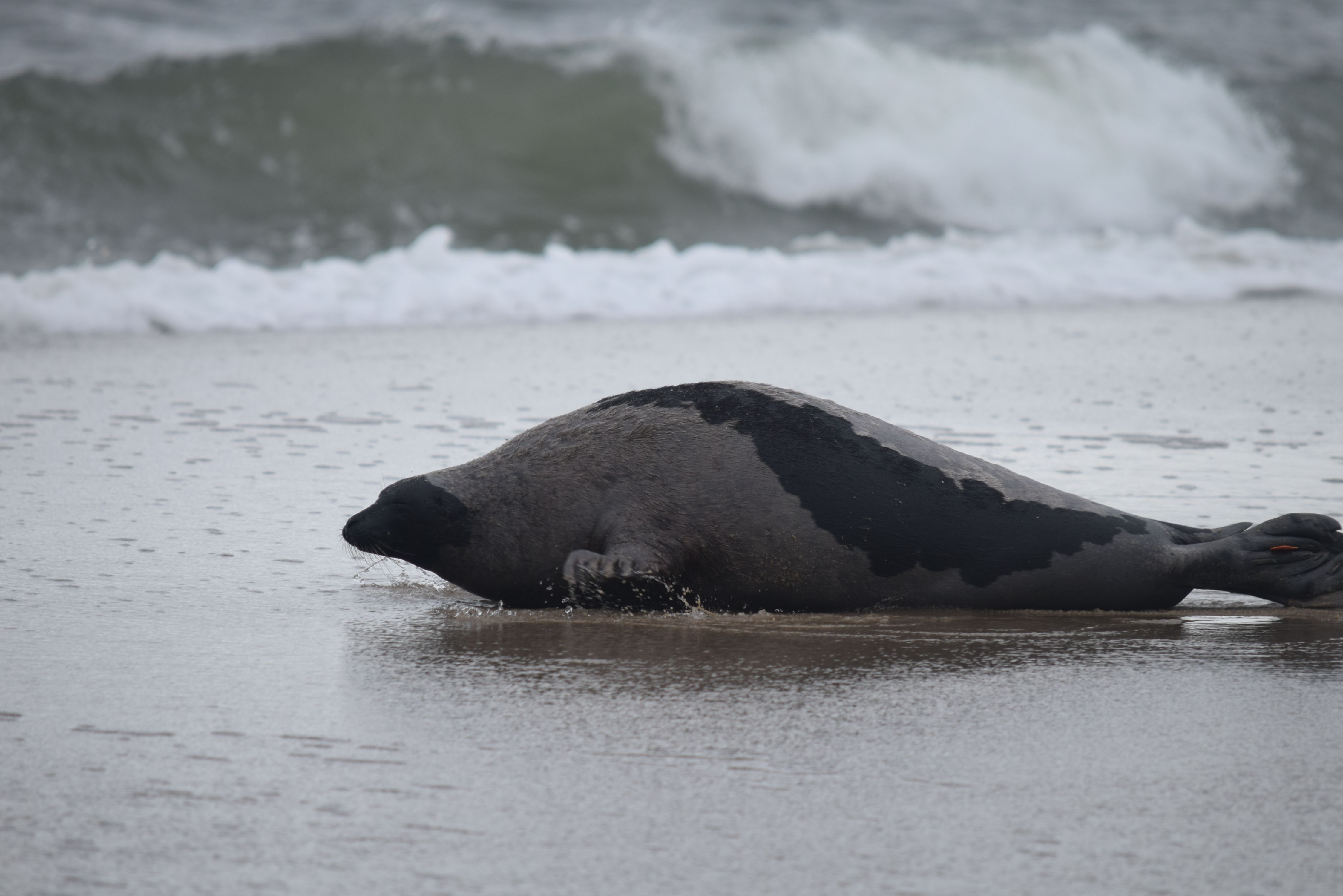As the summer draws closer, a nonprofit dedicated to finding ways to make Cape Cod beaches safer is considering testing a new battery-powered buoy designed to deter sharks, a seasonal problem that often closes beaches and terrifies swimmers.
Cape Cod Ocean Community was formed after Arthur Medici, 26, of Revere, was killed by a shark at Newcomb Hollow Beach in Wellfleet three years ago. His death marked the first fatal shark attack in Massachusetts in more than 80 years and prompted renewed efforts to make beaches safer.
WATCH ANYTIME FOR FREE
>Stream NBC10 Boston news for free, 24/7, wherever you are. |
The device now under consideration, which is manufactured by Australia-based Ocean Guardian, sends an electrical field into the water, warding off sharks, the company said in its product description.
Get updates on what's happening in Boston to your inbox. Sign up for our >News Headlines newsletter.
The same company also makes another product called Shark Shield, which is attached to a surf board and uses similar technology to repel sharks. Some surfers have turned to that device to protect themselves in the water.
But those devices aren't enough to make everyone feel safe from sharks.
"My son saw one when he was surfing — it came up and ate a seal," said Chatham summer resident Tony Chandler. "I just don't let my kids and myself swim in any water where — usually over chest high."
Others said unless you get rid of the seal population (seal hunting is illegal under federal law), sharks will continue to return.
More shark news in New England
"We stick to the beaches that don't have as much shark sightings, so you won't find us at Nauset," said Caroline O'Brien, who spends her summers in Chatham. "You won't find us at Lighthouse."
The buoy device, which retails for nearly $3,000, isn't available yet. It's unclear when the nonprofit might be able to test it.



